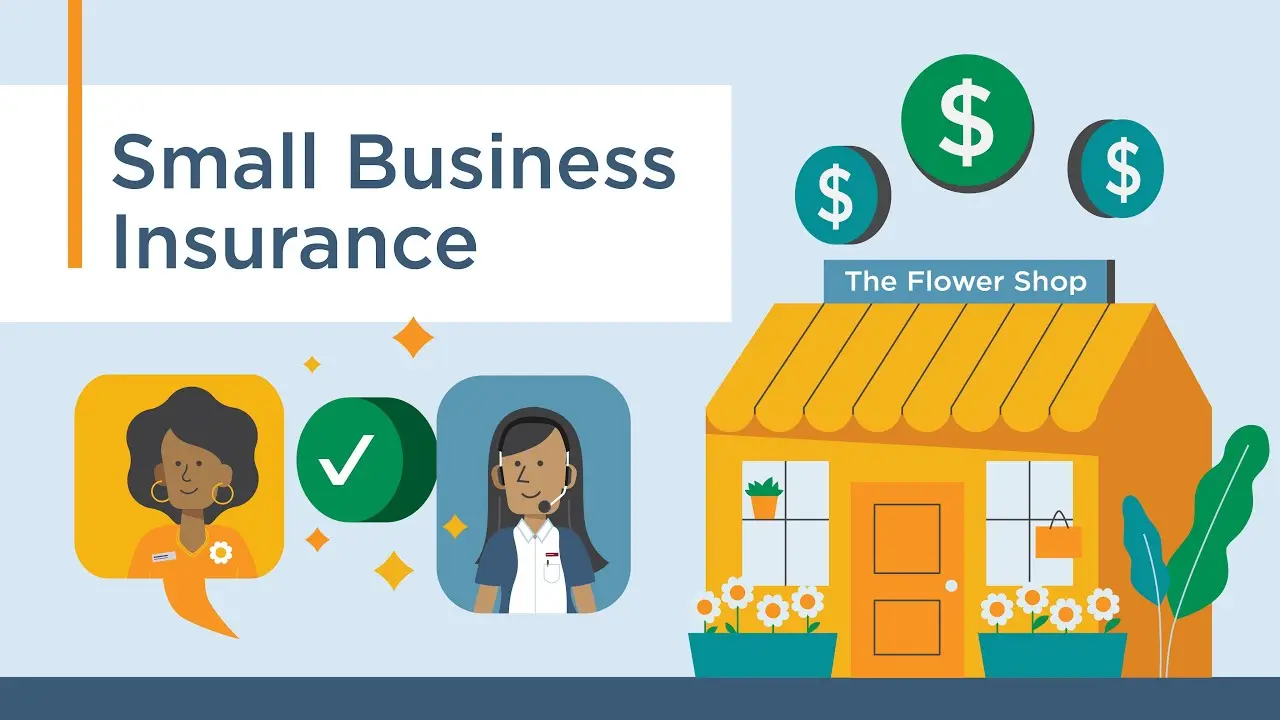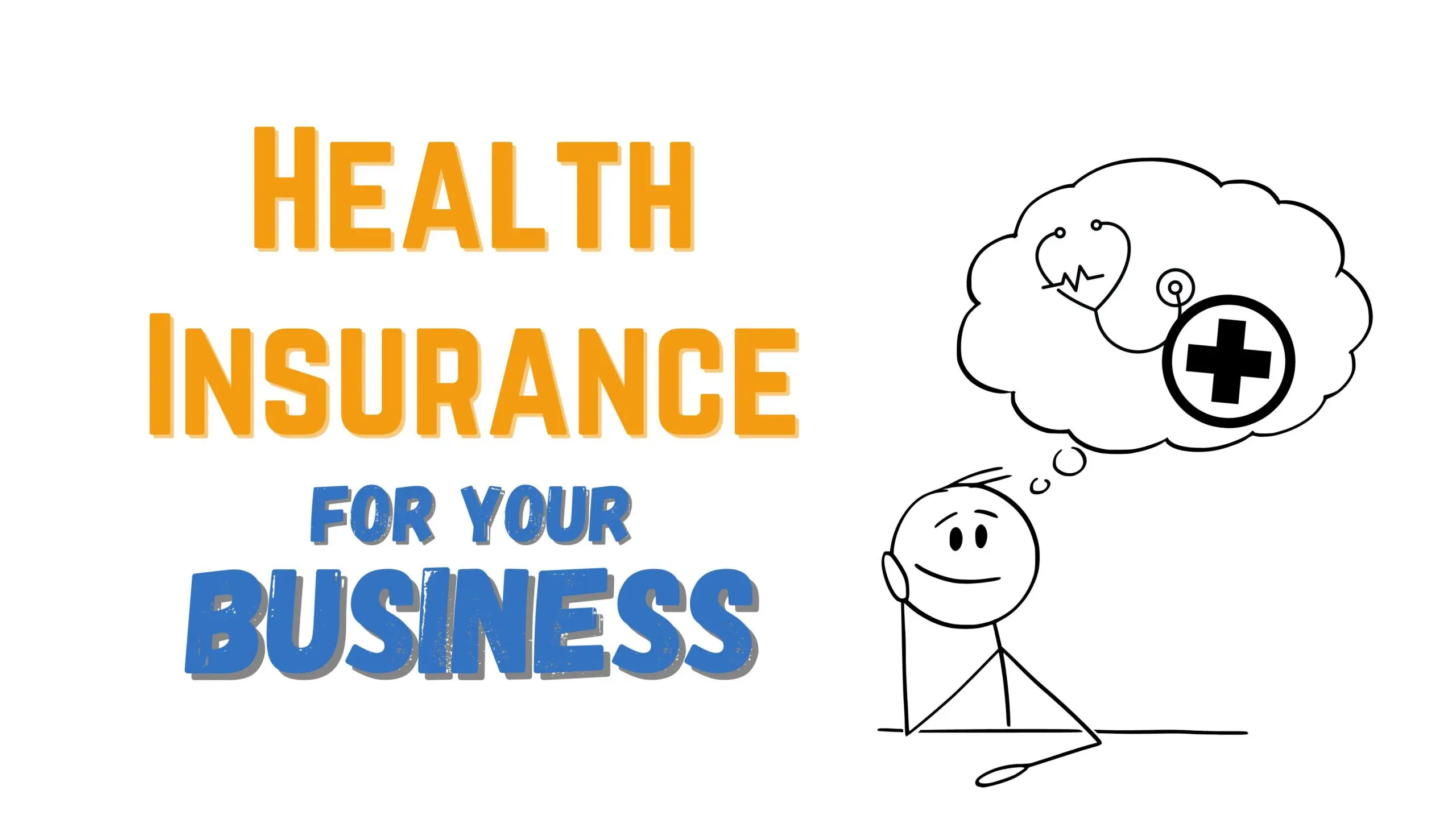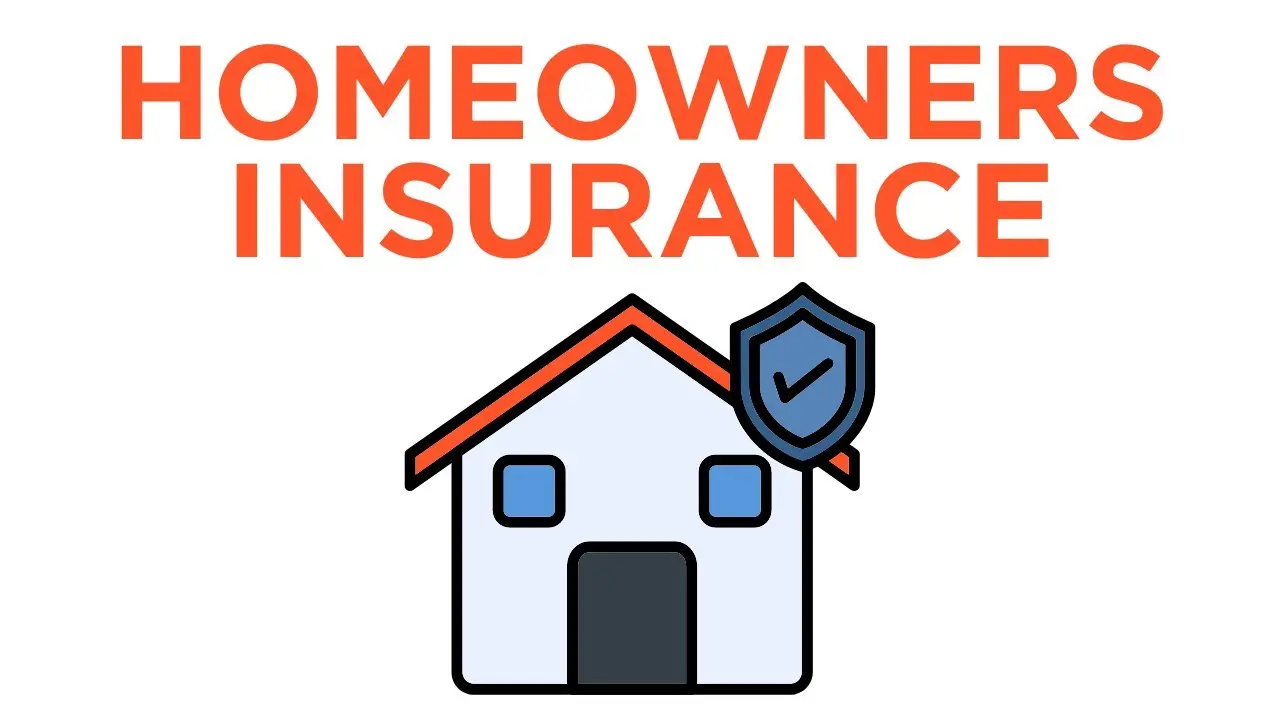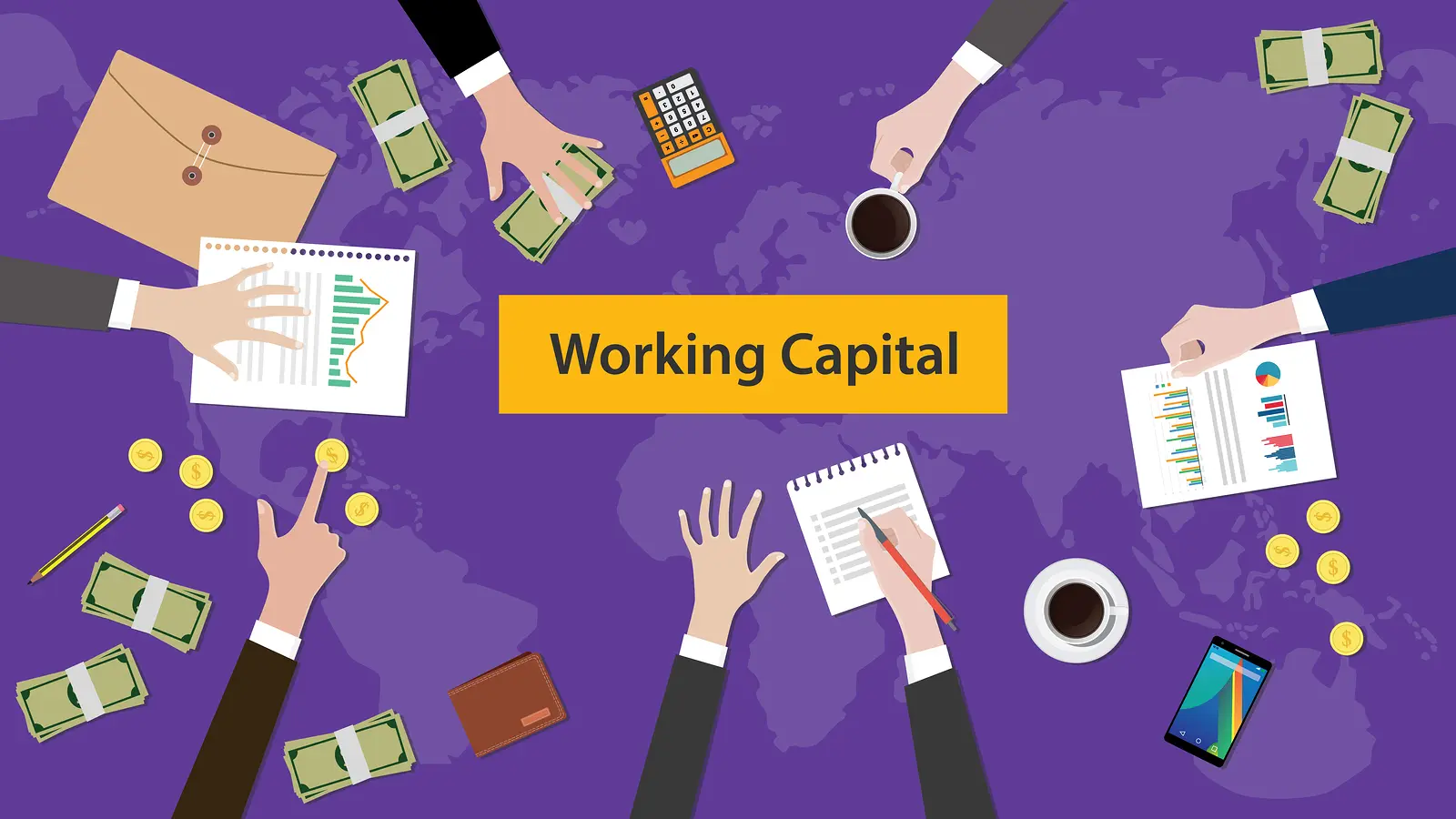
What is the meaning of small business insurance?
Small business insurance refers to a type of coverage designed to protect small businesses from financial losses resulting from unforeseen events, risks, and liabilities. It typically includes various types of insurance policies tailored to meet the specific needs of small businesses, such as general liability insurance, property insurance, professional liability insurance, workers' compensation insurance, and commercial auto insurance, among others.
The primary purpose of small business insurance is to provide financial protection and peace of mind to entrepreneurs and business owners. It helps safeguard the assets, property, and operations of small businesses by covering expenses related to property damage, liability claims, lawsuits, employee injuries, and other unexpected events.
Small business insurance is essential for mitigating risks and ensuring the long-term viability of a small business. By investing in the right insurance coverage, business owners can protect their assets, minimize financial losses, comply with legal requirements, and enhance their credibility and trustworthiness in the eyes of customers, partners, and investors.
Types of Small Business Insurance
There are several types of insurance coverage available to small businesses, each serving a unique purpose. Here are some of the most common types of small business insurance:
- General Liability Insurance: General liability insurance provides protection against third-party claims for bodily injury, property damage, and advertising injury. It covers legal fees, medical expenses, and settlements resulting from covered incidents. General liability insurance is essential for businesses that interact with customers, clients, or the general public.
- Property Insurance: Property insurance covers damage or loss to your business property, including buildings, equipment, inventory, and furnishings, due to events such as fire, theft, vandalism, or natural disasters. Property insurance helps small businesses recover financially from property-related losses and keep their operations running smoothly.
- Professional Liability Insurance: Also known as errors and omissions (E&O) insurance, professional liability insurance protects businesses that provide professional services from claims of negligence, errors, or omissions resulting in financial harm to clients. Professional liability insurance is crucial for consultants, contractors, and other service-based businesses.
- Workers' Compensation Insurance: Workers' compensation insurance provides coverage for medical expenses, lost wages, and rehabilitation costs for employees who are injured or become ill while performing their job duties. Workers' compensation insurance is mandatory in most states for businesses with employees and helps protect both employees and employers in the event of workplace injuries or illnesses.
- Commercial Auto Insurance: Commercial auto insurance covers vehicles owned or used by your business for work-related purposes, including accidents, injuries, and property damage. Commercial auto insurance is essential for businesses that rely on vehicles for transportation, delivery, or other business operations.
- Business Interruption Insurance: Business interruption insurance provides coverage for lost income and extra expenses incurred when a covered event, such as a fire or natural disaster, disrupts your business operations. Business interruption insurance helps small businesses recover financially from temporary closures and resume normal operations as quickly as possible.
- Cyber Liability Insurance: Cyber liability insurance protects businesses from financial losses resulting from data breaches, cyberattacks, and other cyber threats. It covers expenses such as data recovery, legal fees, and notification costs associated with a data breach. Cyber liability insurance is essential for businesses that store sensitive customer information or conduct transactions online.
- Employment Practices Liability Insurance (EPLI): Employment practices liability insurance provides coverage for claims related to employment-related issues, such as wrongful termination, discrimination, harassment, and wrongful employment practices. EPLI helps small businesses defend against lawsuits filed by current or former employees alleging employment-related misconduct.
These are just a few examples of the types of insurance coverage available to small businesses. Depending on the nature of your business, industry, and specific risks, you may need additional types of insurance to adequately protect your business assets and operations. It's essential to assess your insurance needs carefully and work with a licensed insurance agent or broker to tailor a coverage plan that meets your specific requirements.









